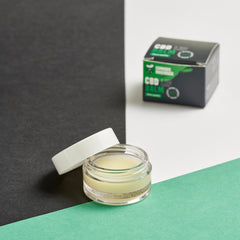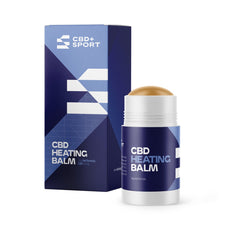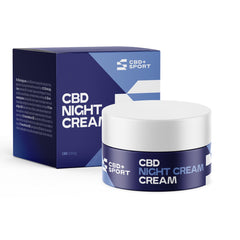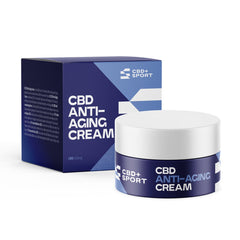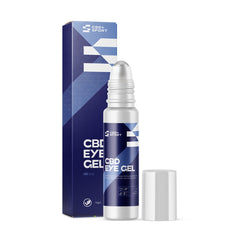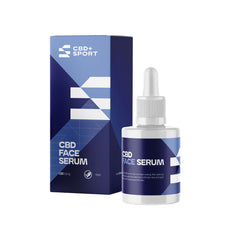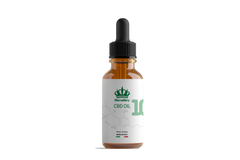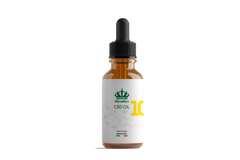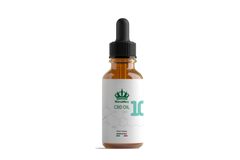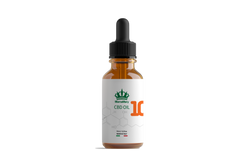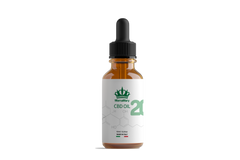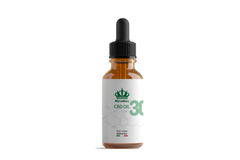A U.S. Food and Drug Administration advisory panel has unanimously recommended approval of an epilepsy drug, the first prescription drug in the United States with cannabidiol.
The FDA voted in June to approve the drug, Epidiolex, an oral solution to treat severe forms of epilepsy in a small group of patients. The FDA has also approved synthetic versions of some of the cannabinoid chemicals found in the marijuana plant for other uses, including pain relief for cancer patients.

Cannabidiol, also called CBD, is one of more than 80 active cannabinoid chemicals, but unlike tetrahydrocannabinol, or THC, it has no psychoactive effects.
The committee's recommendation came after a review of data from the drug's manufacturer, GW Pharmaceuticals PLC, a British biopharmaceutical company.
“We are obviously very pleased with the unanimous recommendation to support the approval of Epidiolex,” said GW CEO Justin Gover. “This is a very important milestone in the approval process.”
Epidiolex, GW’s lead cannabinoid product candidate, is being developed for severe, early-onset epilepsy syndromes, including Dravet syndrome, a rare genetic brain disorder that begins in early life; Lennox-Gastaut syndrome, a type of epilepsy with multiple types of seizures; and tuberous sclerosis complex and infantile spasms, both of which begin in childhood and cause sudden stiffening of the body, arms, and legs, with the head bowed forward.
One-third of Americans with epilepsy have not found a treatment that can control their seizures, according to the Epilepsy Foundation . That’s about a million families. While the FDA approval limits the drugs’ use to epilepsy patients, doctors would have the option to prescribe them “off-label” for other uses.

Shauna Garris, a pharmacist, clinical pharmacology specialist and associate professor at the University of North Carolina Eshelman School of Pharmacy, said she would have been surprised if Epidiolex hadn’t received full FDA approval. Garris wasn’t involved in the drug’s development and has never used it in her clinical practice.
However, she said, “there’s so much hype and so much hype” around the product, that she’s not sure it can live up to “all that hype.”
Epidiolex is effective, he said, and works “somewhat” to “very” well.
“There have been side effects associated with the drug, and a lot of them have been in conjunction with other medications, which is a concern because most patients are also taking other medications,” Garris said. There will likely be drug interactions, she said, but “that’s not uncommon for anti-epileptic drugs.”
“Most of our anti-epileptic drugs have terrible side effects and interact with each other,” he said. However, this could impact its potential effectiveness.
In a statement, GW Pharmaceuticals said that two experimental clinical trials, one for Dravet syndrome and one for Lennox-Gastaut syndrome, showed “significantly greater reductions” in certain types of seizures for patients taking Epidiolex, compared with those taking a placebo.
At the public hearing of the advisory committee meeting, 16-year-old Sam Vogelstein of Berkeley, California, described himself as “the first person to try Epidiolex for epilepsy.” He said he had not been paid by the company for his speech.

“I’ve had seizures for 10 years,” she said. “My parents told me there were times I’d have seizures 100 times a day.” She started taking Epidiolex five years ago. “I haven’t had a seizure in over two years now. It’s changed my life .”
Damage to the liver, which metabolizes drugs and removes toxins from chemicals, is an important thing to consider when recommending any medicine.
Dr. Lara Dimick-Santos, a clinical reviewer for the FDA’s Office of Drug Evaluation, reviewed the liver safety report and concluded that there were “no cases of serious liver injury” and “no deaths related to liver injury.” She suggested, however, that some patients may experience a form of “unknown chronic liver injury.” Such a “strong inflammatory response” could “potentially cause a problem for patients in the long run.”
Katherine Bonson, a member of the FDA’s Controlled Substance Pharmacologist staff, determined cannabidiol’s abuse potential after looking at data from both animal and human trials. “The overall conclusion is that the preclinical data do not provide any indication that CBD has abuse potential,” she said.

Although the FDA stressed that the review of Epidiolex would be ongoing, Gover said he felt confident about the positive result. “This is a breakthrough in the epilepsy field,” he said. “It’s the first cannabis-based drug to be approved by the FDA. It’s the first in a new class of treatments with a new mechanism of action for epilepsy.”






